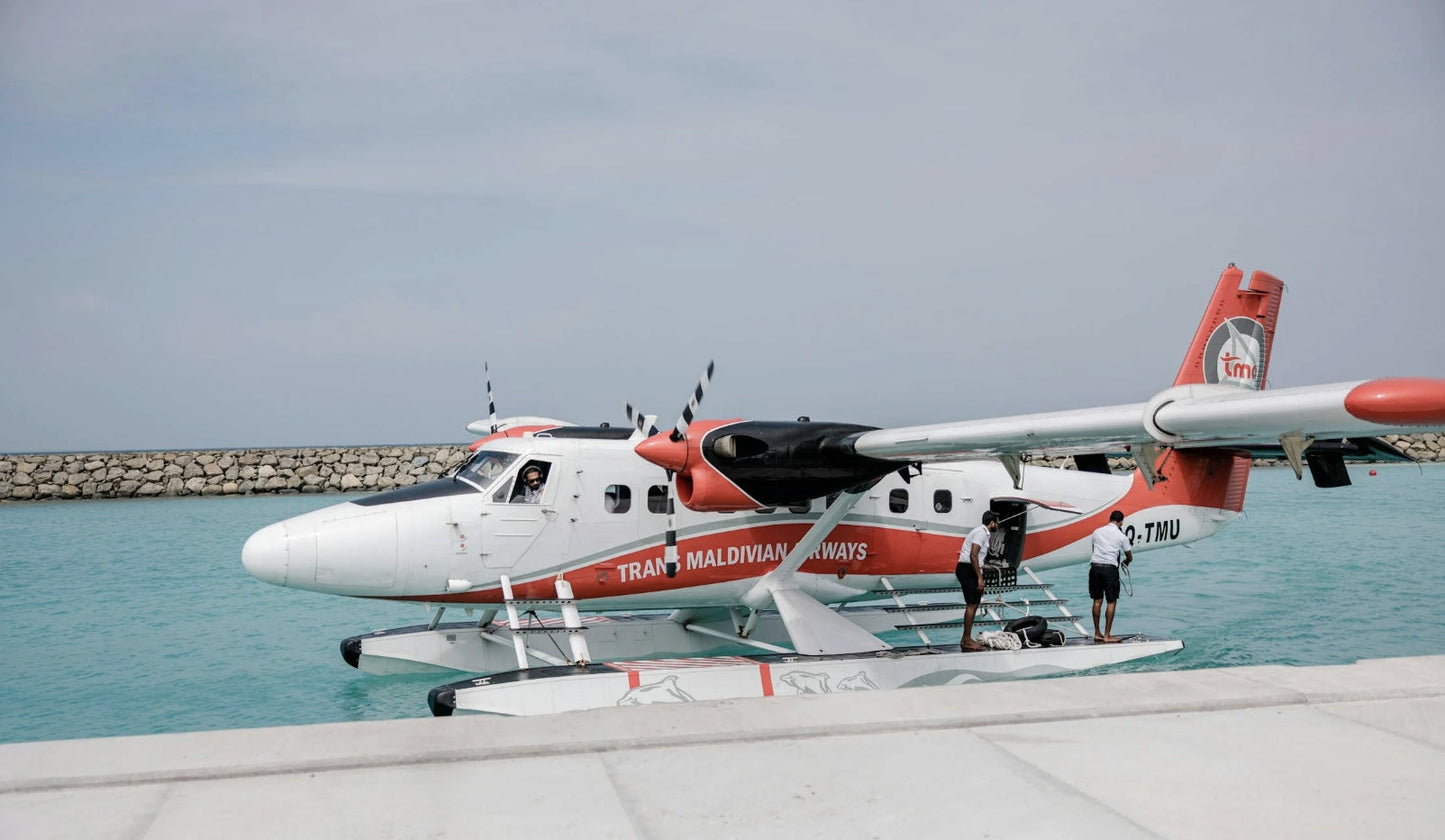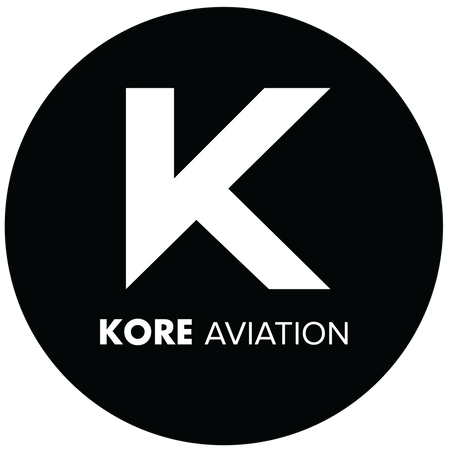
Kore Aviation - Choosing a career path is a major decision, but aviation offers something most fields do not. Whether you're fresh out of school, thinking about a career change, or simply chasing a lifelong dream, here are 10 reasons to become a pilot and why now might be the perfect time to start.
1. Pilots Are in High Demand
The aviation industry is short on qualified pilots. Major airlines, regional carriers, charter services, and cargo operators are all competing for new hires. According to Boeing’s latest forecast, the global industry will need over 600,000 new pilots in the next 20 years. That means if you start training now, you are stepping into a wide-open job market with long-term security.
2. You Get Paid to Travel
As a professional pilot, the airport is your office and the world is your workspace. Whether you’re flying regional routes or international trips, your job will take you to cities, countries, and coastlines most people only dream about. If you love to travel, this is one of the most rewarding careers to pursue.
3. Salaries Are Competitive and Rising
Entry-level pilots are now earning better pay than ever before. First officers at regional airlines are seeing pay increases and hiring bonuses. Experienced captains at major airlines often earn six figures. Pilots also benefit from strong union representation, flight benefits, and generous retirement plans. This career offers financial growth and personal flexibility over time.
Discover More: How to Become a Pilot: Costs, TSA, and Hours of Flight Training
4. Work-Life Balance Improves With Experience
Pilots often work a few long days in a row followed by several days off. While new pilots have less control over their schedule, seniority gives you more options. Over time, you can select preferred trips, bid on vacation time, and even create a routine that gives you weekends or holidays free.
5. You Join a Respected Profession
Becoming a pilot is no small task. It takes technical skill, personal discipline, and focused decision-making. As a result, pilots are trusted with high responsibility and respected both within the aviation community and outside of it. Whether you are flying a passenger jet or a small charter plane, you are the one in command.
6. You Always Keep Learning
No two flights are the same. Weather, routing, technology, and teamwork make every flight a learning experience. As a pilot, you stay sharp by training regularly, passing check rides, and staying current on safety and procedural updates. For anyone who loves a challenge, flying keeps your brain fully engaged.
7. There Are Many Types of Flying Careers
You do not have to fly for a major airline to be a pilot. You can become a flight instructor, fly cargo, work in emergency services, or enter corporate aviation. Some pilots fly for private owners, tourism operations, or government agencies. You can build a career that fits your interests and values.
8. You Will Join a Close Community
The aviation world is built on mentorship, shared experiences, and professional pride. From instructors to fellow students and colleagues, you will be part of a community that supports you. That connection continues across borders and companies. Pilots look out for one another, and the friendships often last a lifetime.
9. You Have a Clear Career Path
Unlike some professions, pilot training has clear steps and milestones. You can start with your private pilot license, work through your ratings, and build hours toward a commercial certificate or airline career. Each stage builds on the last, and you can track your progress in a tangible way.
10. Flying Feels Incredible
This one is simple. Taking off, navigating through the sky, and landing safely at your destination is unlike anything else. The sense of pride, focus, and perspective that comes with flying cannot be matched. It is the perfect combination of freedom, skill, and purpose.
Ready to Get Started?
Every future pilot needs the right tools. One of the most essential is a quality aviation headset. Kore Aviation headsets are trusted by students, instructors, and professionals nationwide. They are designed for comfort, clarity, and safety at every stage of training. If you are just beginning or upgrading your gear, Kore is a reliable place to start.
FAQ: What to Know Before You Become a Pilot
-
How long does it take to become a pilot?
You can earn a private pilot certificate in 3 to 6 months. Becoming a commercial pilot or airline candidate takes 18 to 24 months depending on how often you fly. -
Is a college degree required to become a pilot?
Not for most flight jobs. Some airlines still prefer or require a degree, but many hire based on flight hours, certifications, and experience alone. -
Is pilot training expensive?
Yes, but it is also an investment in your career. Training to become a commercial pilot can cost between 70,000 and 100,000 dollars. Scholarships, loans, and GI Bill funding may be available. -
What age is too late to become a pilot?
There is no maximum age to start training. Many people begin in their 30s, 40s, or later and find rewarding careers in instruction, private aviation, or business flying. -
What gear do I need as a student pilot?
You will need a headset, kneeboard, charts, logbook, and flight computer. A dependable headset is critical. Kore Aviation offers options built for student pilots with noise-canceling microphones and all-day comfort.
Final Thoughts
The reasons to become a pilot are both personal and professional. You will build a career filled with purpose, travel, problem-solving, and pride. Aviation offers a strong future for people ready to put in the work and stay curious. If you feel that pull toward the sky, now is the time to answer it.
Ready to take off?
Explore Kore Aviation to find the gear and support you need to launch your journey with confidence.
